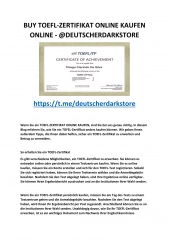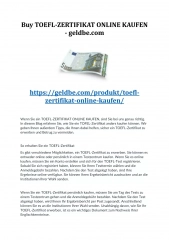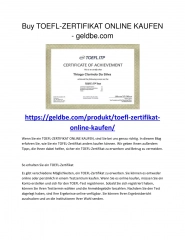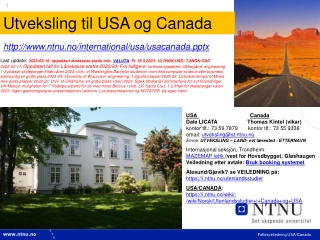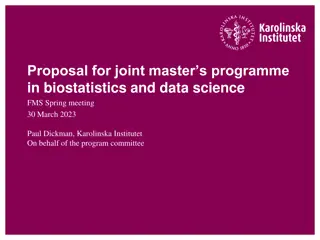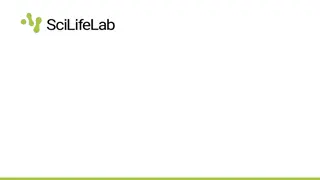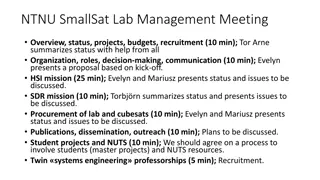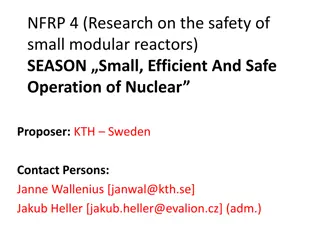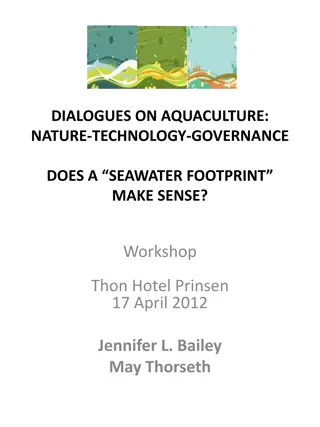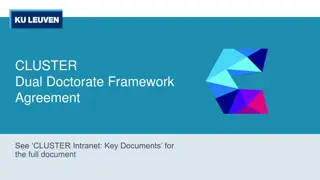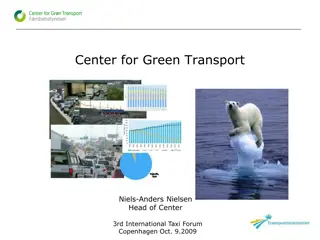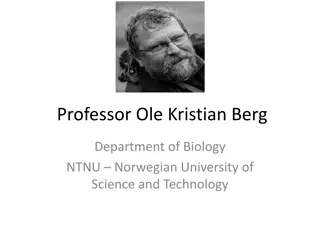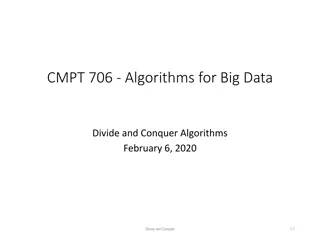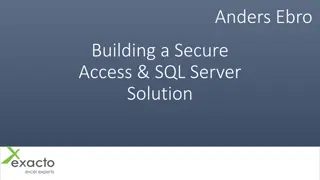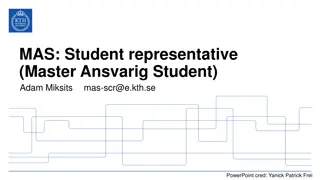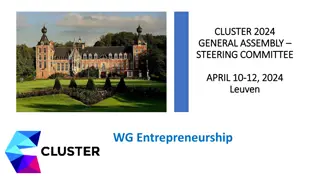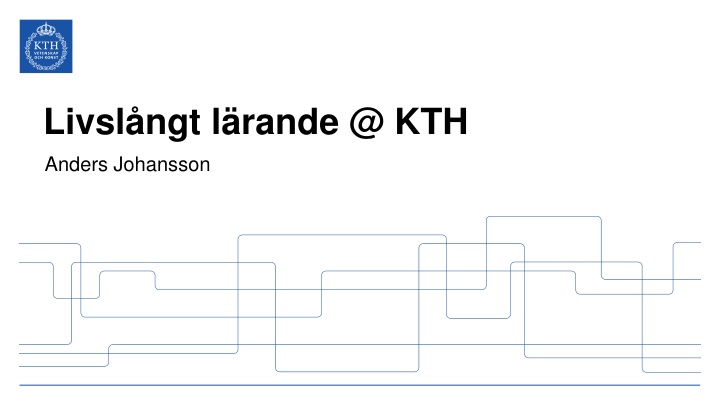
Lifelong Learning Initiatives at KTH - Enhancing Educational Models
Explore KTH's dedication to lifelong learning with a focus on continuous education development, resource allocation, and digital offerings. Discover the university's strategic goals and innovative approaches to achieve sustainable educational excellence by 2025.
Download Presentation

Please find below an Image/Link to download the presentation.
The content on the website is provided AS IS for your information and personal use only. It may not be sold, licensed, or shared on other websites without obtaining consent from the author. If you encounter any issues during the download, it is possible that the publisher has removed the file from their server.
You are allowed to download the files provided on this website for personal or commercial use, subject to the condition that they are used lawfully. All files are the property of their respective owners.
The content on the website is provided AS IS for your information and personal use only. It may not be sold, licensed, or shared on other websites without obtaining consent from the author.
E N D
Presentation Transcript
Livslngt lrande @ KTH Anders Johansson
Uppdrags- utbildning Juridisk person k per utbildning f r anst llda Livsl ngt l rande Andra utbildningsaktiviteter som bidrar till individers l rande Informellt l rande Vidare- utbildning Anslagsfinansierad utbildning f r fysiska personer 2025-04-12 2
Lifelong learning (VP2021) 2.3.2 Lifelong learning: Increased resources Lifelong learning at KTH refers to appropriation funded continuous education and commissioned education. Of KTH's education volume, 20 percent shall be within the field of lifelong learning from 2023. To achieve this goal, KTH needs to adapt both core activities and support activities in terms of administration, pedagogical development and resource allocation. In order for the goal to be achieved, the university administration (GVS) needs to work together with the schools administrations. The educational offer within lifelong learning must, in the same way as in the above two assignments, focus on the future learning environments and educational models and must to a large extent be offered digitally. Impact through collaboration 3
From approximately 1% 2019 to 20% 2023 Most of our current models, formats and offerings doesn t scale very well Much education at KTH and other universities is traditionally conducted almost in terms of craftsmanship New thinking required to reach goals Adaptation to target groups Sustainable model of operation (internal) New formats and new ways of thinking, structuring and organizing education as a whole! 2025-04-12 4
Uppdrags- utbildning Juridisk person k per utbildning f r anst llda Livsl ngt l rande Andra utbildningsaktiviteter som bidrar till individers l rande Informellt l rande Vidare- utbildning Anslagsfinansierad utbildning f r fysiska personer 2025-04-12 5
Where do we learn? (1990:ies) Formal e.g. courses 10% Social 20% Explorative 70%
Where do we learn? (2020:ies) Formal, e.g. courses bought by employer <5% Social ~20% ? Explorative Handbooks 70+%
Positioning (2020:ies) Less active focus on commissioned education Moving into social, informal learning domain with e.g. Community of practice as a service Formal, e.g. courses bought by employer <5% Social Focus on open, appropriations funded flexible digital courses ~20% ? Marketing Explorative Handbooks 70+%
What has changed? Before pandemic During pandemic Ten:ish appropriations funded continous education courses Approx 500 applicants ~200 admitted ~20 did anything measurable ~120 appropriations funded continous education courses (spring 2021) Approx 4.500 applicants of which 500 each on three courses (ethical hacking etc, designed for online), 100 admitted on each course Analysis to verify attractive and successfull content and formats now Targets and try outs (sort of agile) Target 10.000+ admitted to and active in attractive, flexible, short online courses (1,5 4 hp), appropriations funded, sustainable business model Hybrid participation in program courses or activities as part of modularised design Easier access for professional course participants (e.g. e-ID instead of KTH-ID) New business model for informal/social learning, attractive to faculty and partners 2025-04-12 9
2025-04-12 10
En individorienterad och mer flexibel struktur f r ett livsl ngt och kontinuerligt l rande 60hp Kompletterande kurser 1- rig p byggn. MSc CivIng 120hp Hing Kompletterande kurser 180hp MSc 2- rig utbildning p avancerad niv BSc 3- rig utbildning p grundniv inom teknikomr de Fr n gymnasiet M jlighet att ta ut examen P byggnadskurser (baserade p programkurser?) KTHs erbjudande inom individens livsl nga l rande 2025-04-12 11

